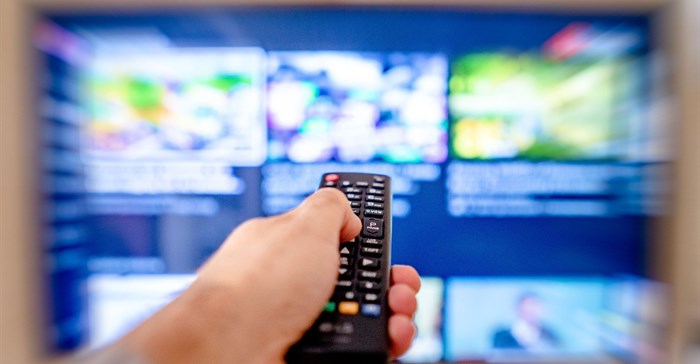[ad_1]
The International Telecommunication Union has set a deadline of June 17, 2015 for most countries in sub-Saharan Africa to switch from analog to digital broadcasting.

Russell Southwood, Balancing law I’ve been following the transition for 10 and a half years, seeing where it is now and why so little progress has been made. In short article.
In an earlier review of the digital transition in African countries, Balancing law a slightly different category was used.
In the early days, there seems to be a logical way of writing policies, gathering stakeholders, and setting deadlines for completion. But as the years go by, doing things this way seems to go out the window.
Current state of digital transition in Sub-Saharan Africa:
- Not yet started (Central African Republic and Somalia): 10
- Initiated but status unknown (announced but may not have actual action): 19
- Starts and Progress (these vary from people who have done some hands-on work to several nearing completion): 11
- The process has been completed (e.g. Mauritius, Kenya, Tanzania, Uganda. The gap between announcements is often long: Ethiopia announced in 2015 that it was going to work with GatesAir, but did not sign the contract until 2020: 9
It is clear that there are many countries that have a way to go to complete the process that is currently in place. Previous finishers took five years to complete the process. This is a marathon, not a sprint, so there’s no last-minute rush.
What it takes to go digital
The digital transition process requires many things that African governments do poorly. It requires setting policy goals and doing so in partnership with broadcasters and citizens. The government needs to step on the accelerator and make it a political priority.
Funding for this process requires money that is not readily available. This requires an efficient mechanism (public or private) to operate the broadcast signal bearer.
The government needs to tell why someone should buy a new set-top box: what are the benefits?
Most African governments have failed to meet these demands. It was a test to see if governments could do the job, and most failed the test.
Change of situation
When digital transmission was first introduced, it was a case of replacing analog transmission infrastructure with digital transmission in most countries. Today, 17 years later, after several extensions by the ICC, the challenges to this process are more complex: everything has changed.
The number of Africans accessing video content via the internet has increased tremendously. Whether it’s YouTube, Facebook or TikTok, young Africans don’t always turn to television to get the content they want. Some countries (especially near the Middle East) have always been satellite territories.
The number of countries following this path is increasing. SES has successfully promoted satellite as a platform in Ghana and Ethiopia and signed an agreement to help with the transition in Benin. Other satellite providers have signed up to geographic “fill-in” agreements.
Infrastructure costs
DTT transmission infrastructure is a major investment and African broadcasters cannot cover all costs. Broadcast signal coverage across a country like Liberia can be obtained more easily and efficiently from satellites than from terrestrial infrastructure.
In fact, it was infrastructure costs that posed a major barrier in many countries. Chinese pay TV provider StartTimes acted as both initiator and executor of the process. The cost was then covered by China’s Exim Bank. StartTimes sometimes in exchange for access to channels in pay TV packages.
There were different routes and apparently cheaper to deliver in some cases.
Expenditure from citizens
In Ghana and South Africa, there have been controversies over government attempts to impose conditional access to stabilizers. Public licensing models work particularly poorly in poorer countries, where conditional access can lead to public broadcasting being ‘paid for’.
Few countries have considered the costs to citizens, especially poor households. By the time this process was completed in Tanzania, a significant number of people would no longer be able to watch television.
In South Africa, there is currently a lawsuit by people who want to slow down the process, and they point out that the same thing is happening there.
The winners
But if the process is over, the audience is the winner. In almost all countries, this has increased the number of channels available to viewers, and most of them have expanded the transmission area and increased the number of TV viewers. But only a small number of countries have made this a policy goal of the entire process.
Transition process
Now the process of transition to the digital system is interrupted. There is no pressure on politicians to get things done. African politicians talk about “digital transformation”, but in many countries they have not yet realized that the transition to 4G and now 5G is critical.
In October of this year, GSMA, a trade body for mobile operators, released a report (Digital transition in sub-Saharan Africa) “Furthermore, as more users use mobile services and 4G and 5G services develop in the region, additional spectrum resources will be required.”
[ad_2]
Source link

